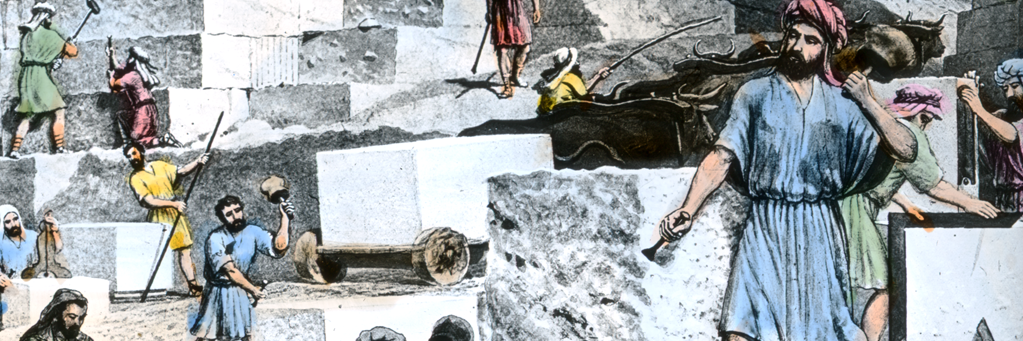Brotherhood.
Freemasonry is the world’s oldest fraternal organization, positively impacting the lives of millions of men worldwide.
Freemasonry, renowned for its rich tapestry of symbolism and allegory, is believed by its members to share a historical connection with the builders of King Solomon’s Temple, a testament to the organization’s deep-rooted and storied history. Although the precise origins of Freemasonry are shrouded in mystery, with theories suggesting roots in ancient civilizations, medieval stonemasons, or even the Knights Templar, what remains unequivocal is the profound impact and enduring legacy Freemasonry has cultivated throughout the centuries.
Early Masons were known to form guilds to protect and pass down their trade secrets, and over time, they evolved into more symbolic and philosophical societies, merging the practical aspects of masonry with moral and spiritual lessons.
In the late 16th and early 17th centuries, these masonic guilds began to admit members who were not craftsmen, called “speculative masons”. This transition marked the birth of modern Freemasonry, distinguished from the “operative” masonry of the actual stone workers.
Officially solidifying its organizational structure in 1717 with the formation of a Grand Lodge in London, Freemasonry has since blossomed, disseminating its values, principles, and teachings globally, enriching societies and fostering a unique camaraderie amongst its diverse membership.
Freemasonry’s ideals emphasize moral and ethical development, charitable work, community involvement, and the pursuit of knowledge. Its symbols and rituals, derived from the tools and practices of the medieval mason, are meant to impart moral lessons and strengthen the bonds between members. Throughout its history, Freemasonry has attracted controversy and suspicion, but it has also been a driving force behind many charitable endeavors and community-building activities around the world.

